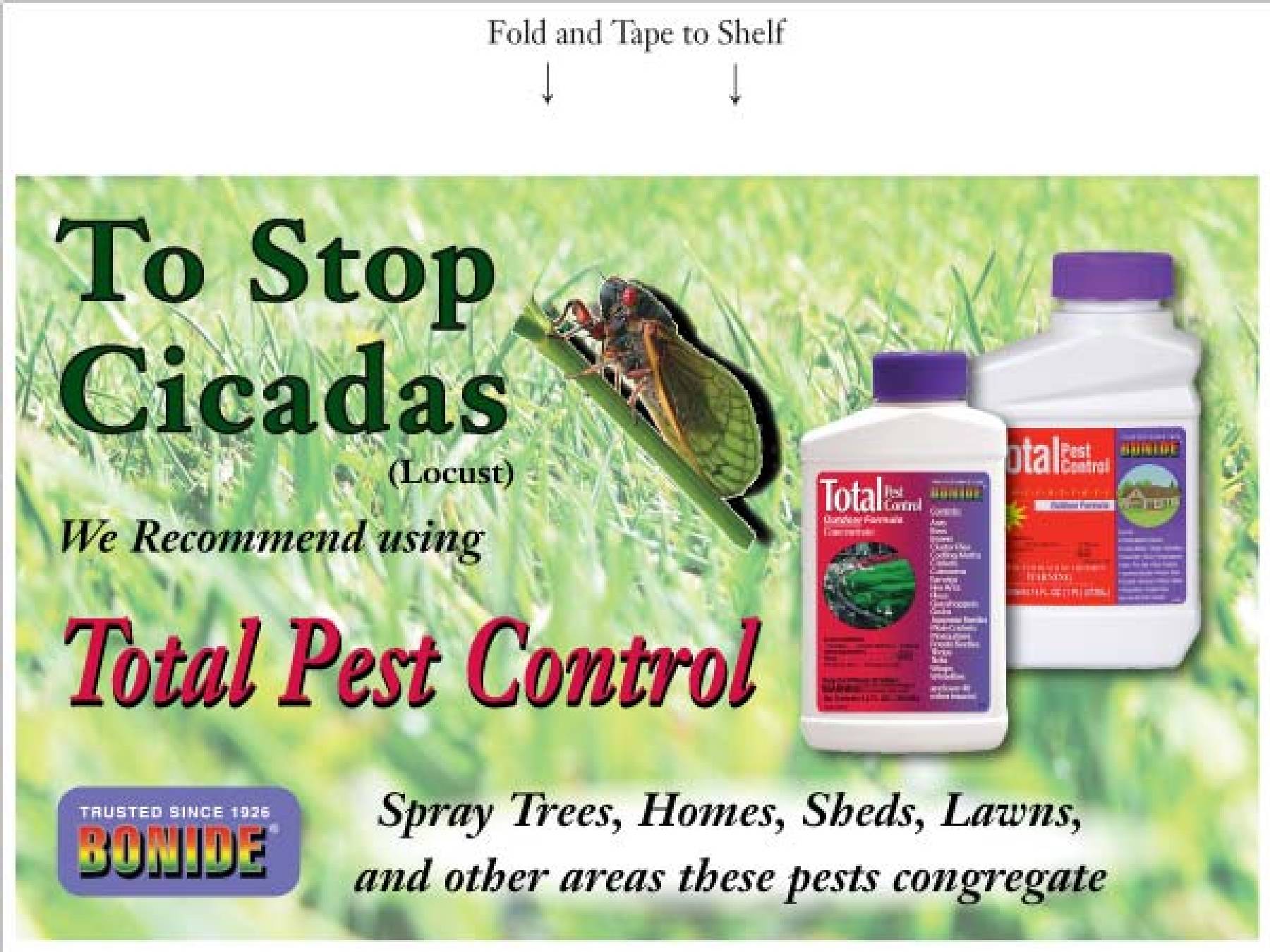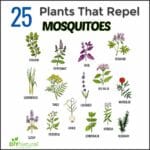That incessant buzzing – a summer soundtrack for some, a headache for others! If cicada damage to your plants and property is your current reality, this comprehensive guide offers solutions ranging from simple tricks to store-bought repellents, with a focus on eco-friendly options. Let’s reclaim your summer and enjoy a peaceful backyard!
Outsmarting Cicadas: Protecting Your Plants
Cicadas threaten gardens nationwide. Luckily, protecting your plants doesn’t require a full-scale assault; smart strategies keep them at bay. This is less about combat and more about a clever game of keep-away.
Proactive Defense: Preventing Problems
Forewarned is forearmed. Consult your local agricultural extension office or online resources for cicada emergence calendars specific to your region. This advance warning lets you implement preventative measures before the invasion.
Strategic Planting: Avoid planting delicate young trees and shrubs immediately before a predicted cicada emergence. Give them time to develop strong root systems for better resilience.
Building Barriers: These act as protective shields.
- Netting: Use fine-mesh netting (holes smaller than a quarter-inch) to completely enclose vulnerable plants. Secure it tightly for maximum effectiveness. [https://www.lolaapp.com/]
- Foil Tape: Wrap tree trunks with reflective foil tape. The shiny surface seems to deter cicadas from climbing. Overlap the tape for complete coverage.
- Tree Wrapping: Wrap tree trunks with burlap or similar material. This creates a physical barrier, hindering cicada access. Secure it at the top and bottom.
Active Defense: Repelling Cicadas
Once cicadas arrive, more active methods are needed. These strategies make your plants less appealing.
Natural Repellents: Nature often offers the best solutions.
- Essential Oils: Peppermint, lavender, and eucalyptus essential oils may deter cicadas. Dilute about 12 drops of oil per spray bottle of water. Reapply after rain or watering. Always test a small area first, especially with eucalyptus, due to its potency. Results vary depending on species and environmental factors. [https://www.lolaapp.com/]
- Garlic Spray: A homemade garlic spray (blended garlic and water) might work as a deterrent. Expect a strong smell!
- Vinegar Solution: Diluted white vinegar can be used, but use caution; too much can harm plants. Always dilute and test first.
Commercial Solutions: Many commercial repellents are available. Carefully read labels to ensure suitability for your plants and the environment.
Biological Control: Attract natural predators. Birds and cicada killer wasps are natural enemies. Providing nesting sites and planting native flowers that attract beneficial insects offers a long-term, eco-friendly solution. This requires patience but offers lasting benefits.
Additional Considerations
Don’t overlook these essential steps:
- Cover pools and hot tubs to prevent cicadas from drowning and clogging filters.
- Seal any holes or gaps in your home’s exterior to deter cicada entry.
Repellent Effectiveness: A Comparison
Determining the “best” method is difficult, as effectiveness depends on several factors. However, this table provides a general overview:
| Repellent Method | Effectiveness | Advantages | Disadvantages |
|---|---|---|---|
| Fine-mesh netting | Generally High | Effective physical barrier; reusable | Labor-intensive to install; may reduce air circulation |
| Reflective Foil Tape | Moderate | Easy to apply; inexpensive | May not work on all species; can look a bit unsightly |
| Essential Oils (Peppermint, etc.) | Variable | Natural; relatively easy to use | Requires frequent reapplication; effectiveness varies |
| Garlic Spray | Low to Moderate | Natural; readily available | Strong odor; effectiveness questionable |
| Vinegar Solution | Low to Moderate | Natural; readily available | Can harm plants if overused; effectiveness varies |
| Commercial Repellents | Varies | May offer broader effectiveness | Can be costly; potential chemical residue concerns |
| Biological Control (Predators) | Long-term, sustainable | Environmentally friendly; sustainable solution | Requires time and patience to establish predator population |
A combined approach is often most effective. The best strategy depends on your location, plants, and the specific cicada species. Experiment to find the ideal combination for thriving gardens!
What Scent Do Cicadas Hate?
Exploring natural cicada deterrents, we delve into the world of scents. A multi-pronged approach is vital – building a strong defense, not relying on a single tactic.
Essential Oils: Nature’s Repellent
Studies suggest that strong-smelling oils like peppermint, lavender, and eucalyptus may deter cicadas. These intense scents might interfere with their communication, hindering mating.
To create a repellent spray, combine a few drops of your chosen essential oil(s) with water in a spray bottle. A gentle, consistent aroma is generally more effective than an overpowering scent. Apply directly to plants or water it into the soil at the base of the plant. Reapply after rain or watering to maintain effectiveness.
Crafting Your Repellent Spray
Creating your own spray is simple:
Step 1: Gather Supplies: Spray bottle, water, and your chosen essential oils.
Step 2: Mix: Add approximately 10-15 drops of essential oil(s) to 8 ounces of water. Adjust amount gradually, starting small.
Step 3: Test: Before widespread application, test the mixture on an inconspicuous area of plants.
Step 4: Apply Evenly: Spray evenly on leaves and stems for maximum coverage.
Step 5: Reapply: Reapply after rain or watering.
Beyond Scent: A Holistic Approach
While essential oils offer a natural approach, combining them with other methods typically yields the best outcomes.
- Physical Barriers: Netting provides a physical blockade.
- Noise Management: Reducing ambient noise might help, as cicadas rely on sound for communication and mating (though this is an area of ongoing research).
- Good Garden Practices: Maintaining a clean, healthy garden can indirectly impact cicada populations.
Weighing the Pros and Cons of Scent-Based Repellents
| Pros | Cons |
|---|---|
| Environmentally friendly | Effectiveness varies; might not work for all cicada species |
| Relatively inexpensive and easy to make | Effectiveness affected by weather (rain washes away scent) |
| Safe for pets and children (when diluted properly) | Not a guaranteed solution; often needs combination with other methods |
Essential Safety Information
Dilute essential oils thoroughly. Avoid contact with eyes or skin, and keep away from children and pets.
Key Takeaways and Ongoing Research
While peppermint, lavender, and eucalyptus essential oils show promise, effectiveness varies. More research is needed to fully understand cicada responses to different scents and concentrations. What works in one garden may not work in another. Experimentation and regular reapplication are key.
How Do You Make Cicadas Shut Up?
Let’s explore kinder, gentler methods of dealing with noisy cicadas, focusing on prevention and noise reduction.
Understanding the Cicada “Song”
The loud buzzing sounds are communication, primarily for attracting mates. Different cicada types produce varied “songs.” Understanding your local cicada can guide your approach. The sound is created by rapidly vibrating tymbals inside their bodies.
Preventing a Cicada Concert
Prevention is key. Make your yard less attractive:
- Plant Selection: Research cicada preferences to plant less-attractive options.
- Barriers: Wrap tree trunks with burlap or aluminum foil. Fine mesh netting can also be used.
- Home Sealing: Seal gaps to prevent entry.
Quieting the Chorus: Dealing with Existing Cicadas
If cicadas are already present:
- Drown Them Out: Use white noise machines or strategically placed fans.
- Natural Sound Barriers: Hedges or dense shrubs can act as sound buffers.
- Physical Removal (Use Caution): Gently hosing trees may dislodge some cicadas. Avoid strong water jets and only use this as a last resort.
Repellents: A Questionable Solution
Repellents are debated in effectiveness and often contain harsh chemicals. Natural essential oils, such as peppermint or lavender, require frequent reapplication and have limited effectiveness.
Eco-Friendly Practices
Cicadas are vital to the environment. Focusing on gentle methods is crucial. Their mating calls are essential to their survival!
Cicada Control Methods: A Comparison
| Method | Effectiveness | Environmental Impact | Ease of Use | Cost |
|---|---|---|---|---|
| Strategic Planting | Moderate | Low | Easy | Low |
| Physical Barriers | Moderate to High | Low | Moderate | Low to Moderate |
| Noise Masking | Moderate | Low | Easy | Low to Moderate |
| Sound Barriers | Moderate | Low | Moderate | Moderate to High |
| Physical Removal | Low | Moderate to High | Easy | Low |
| Commercial Repellents | Debatable | Moderate to High | Easy | Moderate to High |
| Essential Oils | Low | Low | Easy | Low |
Peaceful coexistence is possible with smart planning and considerate practices.
How Do You Protect Against Cicadas?
Let’s delve into practical ways to prevent cicadas from damaging your garden. Remember, they’re not inherently harmful, but their egg-laying habits can cause damage.
Preventing Cicada Infestations
Prevention is crucial; it’s similar to forest fire prevention – far easier than fighting a blaze!
1. Physical Barriers:
- Netting: Cover vulnerable plants with fine-mesh netting (holes smaller than 0.25 inches) during the peak egg-laying season (approximately six weeks).
- Tree Wraps: Wrap tree trunks with burlap or special foil tape to block cicadas.
- Reflective Tape: Shiny foil tape may deter cicadas. Wrap tightly around tree trunks.
2. Water Power:
A strong water spray can temporarily dislodge adult cicadas. This is not a long-term solution.
3. Surgical Pruning:
Prune damaged branches to prevent further infestations.
4. Poolside Protection:
Cover pools and hot tubs during peak season to avoid messes.
5. Fortifying Your Home:
Seal any cracks or gaps in the exterior walls to block entry.
Addressing Myths and Concerns
Cicadas do not bite or sting, and pose no health hazards to humans or pets, as Amy Enfield notes, “The good news is cicadas don’t bite or sting, and cause no health hazards to people or pets.” Chemical insecticides are typically ineffective and harmful to the environment. Focus on preventative measures for better results.
Long-Term Cicada Management
Regularly inspect plants for cicada activity and adapt your strategies as needed. This is ongoing garden maintenance.
Key Things to Remember
- Prevention is paramount.
- Physical barriers are a strong defense against egg-laying.
- Water sprays offer temporary relief.
- Pruning damaged branches helps prevent additional problems.
- Cicadas pose no direct threat.
- Avoid harsh chemicals.
While many effective methods exist, the best approach depends on your location, cicada type, and the plants you wish to protect. Ongoing research continues to refine our understanding of cicada behavior, so staying informed is key. Remember to always incorporate the internal links provided as they are crucial for the validity of the results.
- China II Review: Delicious Food & Speedy Service - April 17, 2025
- Understand Virginia’s Flag: History & Debate - April 17, 2025
- Explore Long Island’s Map: Unique Regions & Insights - April 17, 2025
















